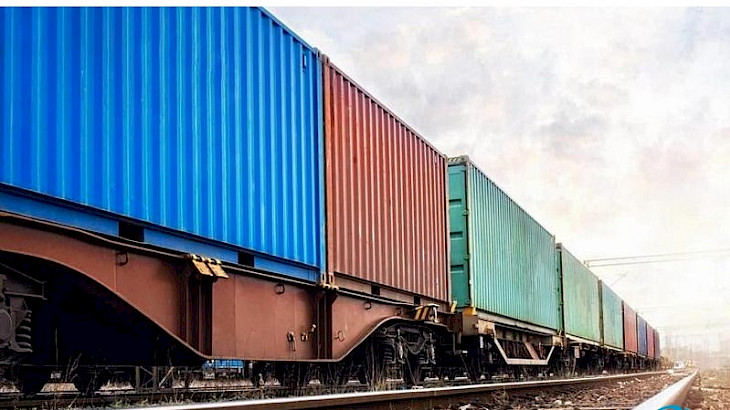Russia has accused Kazakhstan of violating key conditions of the Eurasian Economic Union (EAEU) treaty regarding transit tariffs, KazTAG reports.
The Russian side claims that Kazakhstan’s increase in tariffs for rail transit could reduce cargo transportation volumes and undermines the fundamental principle of unified tariffs within the EAEU.
Disagreements between the Parties
During the 25th meeting of the Intergovernmental Commission for Cooperation between Russia and Kazakhstan, Russia described Kazakhstan’s actions as a deviation from its commitments under the EAEU treaty. Additionally, Kazakhstan raised concerns about Russian restrictions on the import of its quarantine-sensitive products.
The protocol from the meeting is still under negotiation, with key points remaining unresolved.
Agreement between Russian and Kazakh Railways
To address issues related to conventional restrictions on empty railcar transportation, Russian Railways (RZD) and Kazakhstan’s KTZ Cargo signed an agreement on June 21, 2024. This agreement aims to simplify the movement of empty railcars based on agreed requests and is expected to reduce transportation restrictions.
Kazakhstan’s Position on Tariffs
Kazakhstan’s side justifies the tariff adjustments by citing the need to cover infrastructure development costs. The adjustments, it says, align with national legislation, including the law on natural monopolies. Despite the increase, Kazakhstan argues that its tariffs remain competitive compared to Russia’s.
Russia’s Stance on Equal Tariffs
Russia insists that the EAEU treaty mandates equal conditions for all members in railway transport. Moscow claims Kazakhstan's tariff policy creates unequal conditions, with lower domestic tariffs for Kazakh users. However, the EAEU’s Internal Market Functioning Department has not identified any violations of the treaty by Kazakhstan.
Broader Bilateral Cooperation
Kazakhstan has expressed concerns about several bilateral issues, including thermal power plant construction projects in three cities and gas supply arrangements with Russia. A high-level meeting between representatives of both countries is scheduled for late November to discuss key cooperation topics, including oil and nuclear energy projects.
CentralasianLIGHT.org
October 28, 2024

